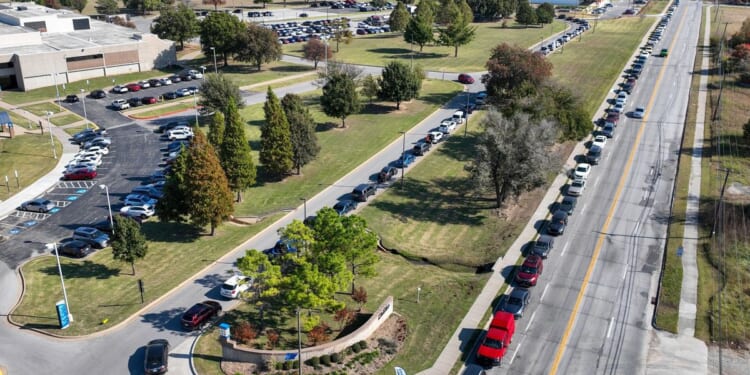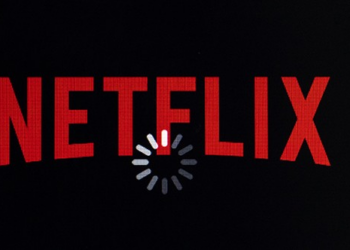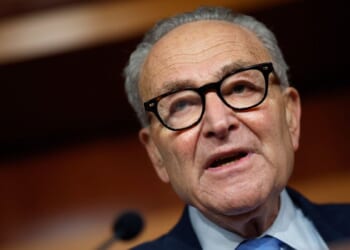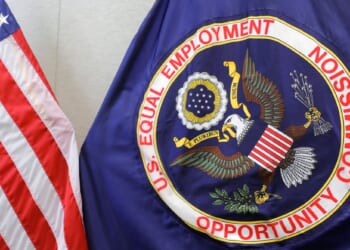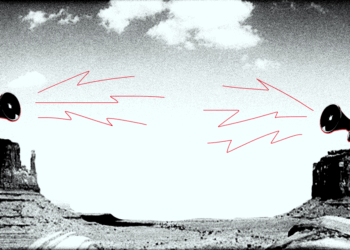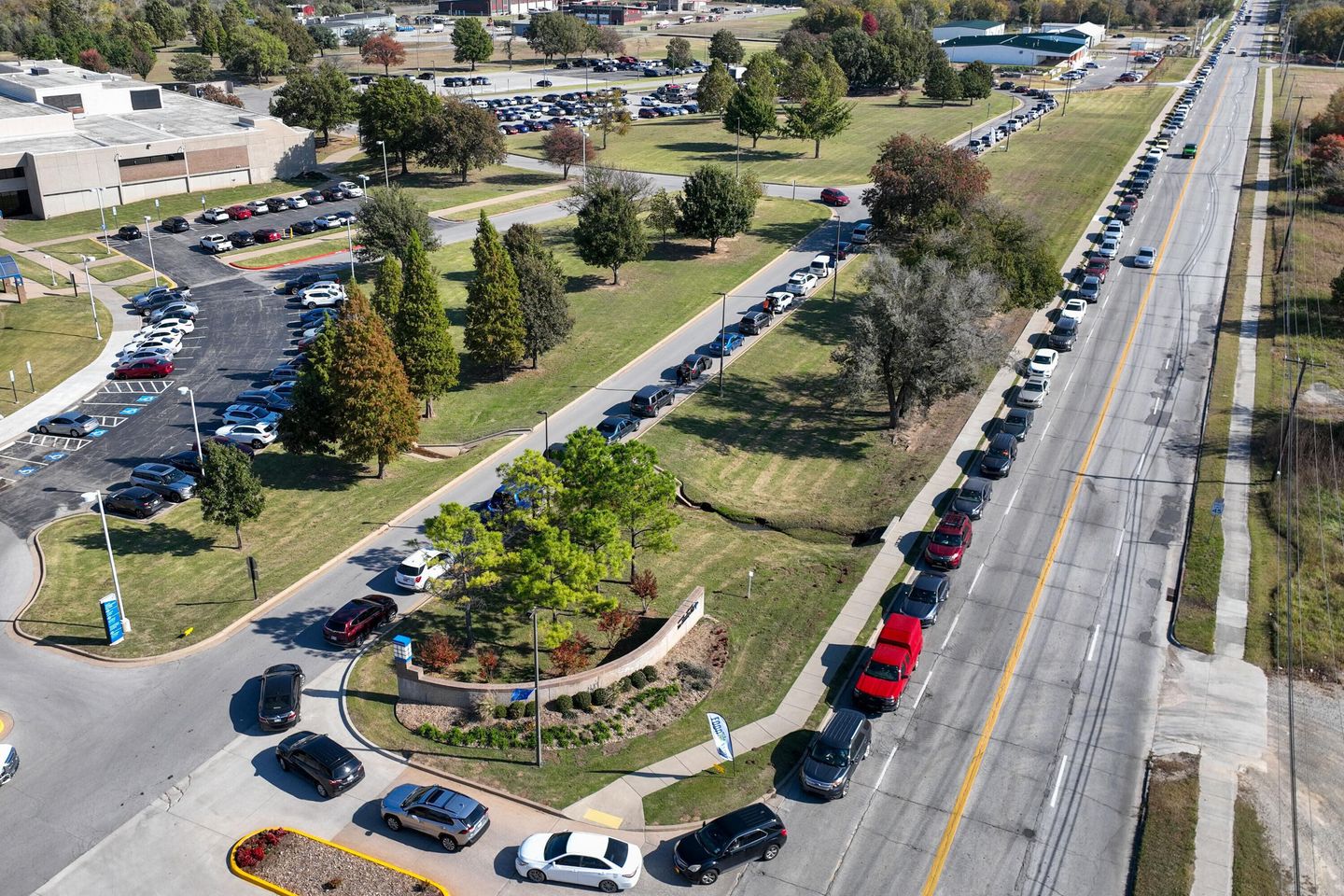
Don’t miss the full story from our staff writers, whose reportage is the basis of this article.
The Trump administration has ordered states to halt full food assistance payments after Supreme Court Justice Ketanji Brown Jackson temporarily blocked a lower court ruling that required complete SNAP funding during the government shutdown. Justice Jackson’s 48-hour pause allows the U.S. Court of Appeals to review the case, immediately affecting 42 million low-income Americans who rely on the Supplemental Nutrition Assistance Program.
Funding for SNAP expired on November 1 due to the ongoing government shutdown, now in its 40th day. The Trump administration argues that without congressional appropriations, the program legally cannot make full payments. A coalition of cities and nonprofits sued to maintain funding, but the administration maintains payments must cease until Congress reopens the government.
Following Justice Jackson’s decision, the Agriculture Department issued a Saturday memo directing states to pay approximately 65% of typical SNAP benefits. The memo warned states that full November payments were “unauthorized” and threatened to cancel federal funding for administrative costs if states failed to comply.
States must “immediately undo any steps taken to issue full SNAP benefits for November 2025,” with potential liability for non-compliance.
Several states had already distributed full benefits between the Rhode Island judge’s initial ruling and Justice Jackson’s pause. Wisconsin paid 700,000 residents, while New York distributed payments to 2.9 million recipients. Oregon, Pennsylvania, and Connecticut also issued payments during this window.
Some Democratic governors are resisting the administration’s directive. Wisconsin Governor Tony Evers announced he would refuse compliance, citing harm to low-income residents. Massachusetts Governor Maura Healey assured residents that previously distributed funds were legally issued and could be spent on food.
White House economic adviser Kevin Hassett defended the administration’s position on CBS News, stating they were “very carefully studying the law” to distribute as much money as legally permissible. He claimed the partial SNAP payments were “pushing the boundaries of the law,” justifying the Supreme Court’s intervention.
Democrats sharply criticized the administration’s actions. Representative Angie Craig, the ranking Democrat on the House Agriculture Committee, accused the administration of demanding food be “taken away from households that have already received it.” Senator Amy Klobuchar posted that “the cruelty is the point.”
U.S. District Judge John McConnell had initially ruled that contingency funds could cover partial benefits, then ordered tapping school lunch program money for full November payments. This second ruling prompted the Justice Department’s emergency appeal.
The Senate held a rare Sunday session attempting to resolve the shutdown, but Democrats blocked legislation to pay furloughed federal workers, seeking guarantees against fund transfers. Democrats offered to end the shutdown with a one-year extension of enhanced Obamacare subsidies, which Republicans rejected as a “nonstarter.”
Read more: Trump administration orders state to pause SNAP funding after Justice Brown’s order
This article is written with the assistance of generative artificial intelligence based solely on Washington Times original reporting and wire services. For more information, please read our AI policy or contact Ann Wog, Managing Editor for Digital, at awog@washingtontimes.com
The Washington Times AI Ethics Newsroom Committee can be reached at aispotlight@washingtontimes.com.

